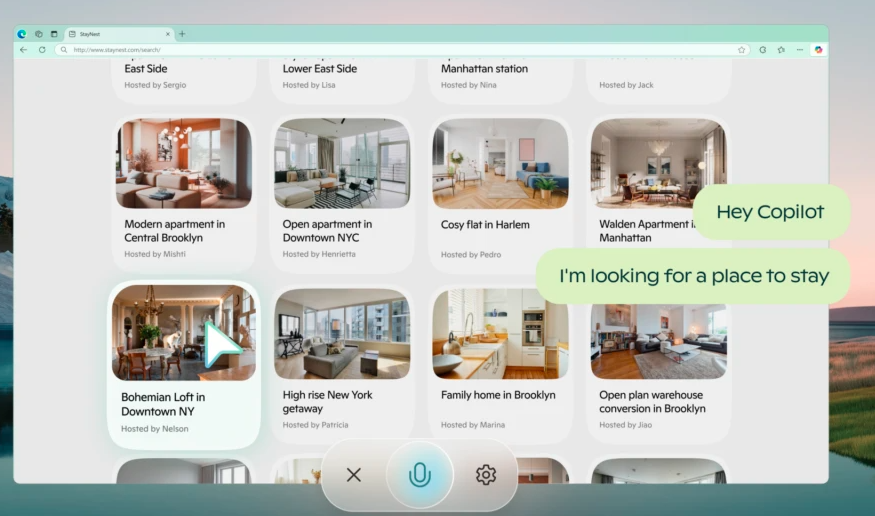Imagine having an intelligent assistant embedded directly into your web browser, capable of understanding and analyzing everything you see online. Microsoft has turned this concept into reality with Copilot Vision, an innovative AI technology created to change the way we engage with online content.
How Copilot Vision Works
I recently checked Microsoft’s newest feature, which allows users to get instant insights from websites they’re browsing using Microsoft Edge. The tool operates through Copilot Labs, an experimental AI program available exclusively to Microsoft Copilot Pro subscribers paying $20 monthly.
Copilot Vision isn’t just another digital assistant. It can comprehensively analyze text and images on web pages, providing immediate, intelligent responses. Want to understand a complex recipe? Need translation help? Curious about product discounts? This AI companion has you covered.
During my investigation, I discovered several fascinating capabilities:
- Instant Text Analysis: The AI reads web pages in real-time, offering detailed explanations and summaries.
- Multilingual Support: Effortless translation across different languages.
- Shopping Assistance: Highlighting discounted products in online catalogs.
- Gaming Support: Providing strategic insights during online gameplay.

Privacy and Accessibility Considerations
Microsoft understands user concerns about AI privacy. The company emphasized that Copilot Vision deletes all processed data after each session. Images, text, and audio aren’t stored or used for model training during this preview release.
However, the technology isn’t without limitations. Currently, Microsoft restricts Copilot Vision’s functionality on:
- Paywalled websites
- Websites categorized as “sensitive”
- Sites not included in their pre-approved list
The company remains intentionally vague about what constitutes “sensitive” content. A Microsoft spokesperson explained they’re starting with a carefully tested, small selection of websites and plan to expand gradually.
This cautious approach stems partly from ongoing legal challenges, including a lawsuit by The New York Times regarding AI interactions with copyrighted content. Microsoft claims Copilot Vision will respect websites’ machine-readable controls preventing unauthorized data scraping.
Publishers have legitimate concerns about AI tools increasing server costs and potentially circumventing content protections. Microsoft stated it’s actively gathering feedback from third-party publishers to refine the technology’s interactions.
For now, Copilot Vision remains a U.S.-exclusive preview, inviting users to reimagine web browsing through an AI-powered lens. As the online world keeps changing, tools like this are paving the way for smarter and more engaging experiences on the web.
Read this also: Google Vids: The New Tool for Simple, Professional Video Creation





